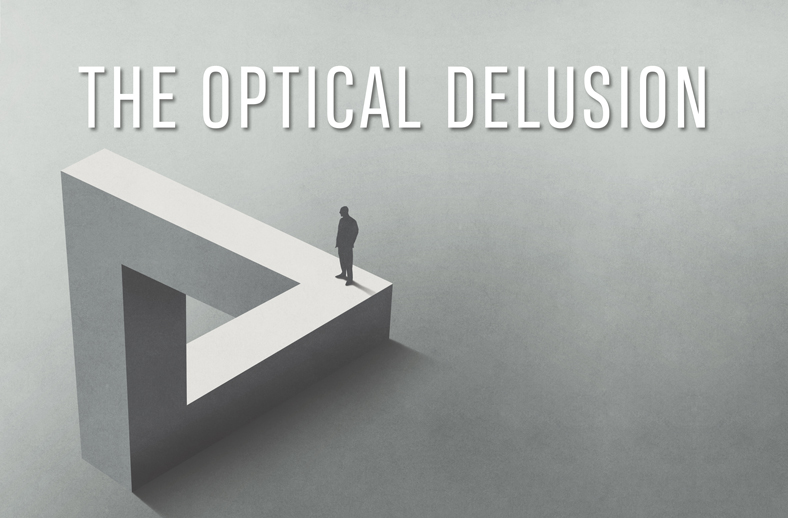By Mark Pitstick, MA, DC
What if life is an uninterrupted process with death as a relatively minor transition amidst eternity’s splendor?
Reincarnation is the theory that we experience not just one, but many, many lives in the course of eternity. Although this concept may seem strange or foreign to some, it answers a number of questions that people of all ages wonder about.
When I was 10 years old, I sat in church and looked through its stained glass windows while the minister talked about heaven. “One day,” he said, “we will walk on golden streets and play harps—forever.” Even at that young age I thought, “Wouldn’t that get old after a while?”
Think about it with an open mind for just a moment. How long could you play a harp—even a golden one—before you would be ready for a piano, a guitar—even an accordion? Novelty and challenges make life more interesting and rewarding. A concept of never-ending but often changing life experiences successfully addresses many questions.
Once a word has become well established in a culture, it is difficult or impossible to change its intrinsic meaning. I use various synonyms for “God” and “soul” because those words have such entrenched and limiting meanings for some people. The same challenge exists for the word reincarnation that isn’t ideal for several reasons:
- Some people associate the word with the occult or cults. The word reincarnation can negatively trigger those with very conservative religious beliefs and who haven’t researched the topic for themselves. It also feels overly simplistic to some.
- It implies a series of deaths and rebirths. A more accurate image of life that emerges from the collective evidence, however, is that of a seamless series of life experiences throughout eternity.
- The reincarnation model suggests that souls experience lives as different people in linear time, and separate places. Some evidence suggests otherwise. For example, your soul’s energy does not have to manifest in just one place at a time. Part of it is obviously energizing your current physical body; another part might be experiencing parallel lives in formed or formless dimensions simultaneously; another percentage might never have left “Home.” From this third vantage point, life is but a dream—an optical delusion. All the supposed physical events may be better described as a series of energetic visitations or virtual reality experiences to other times and places.





